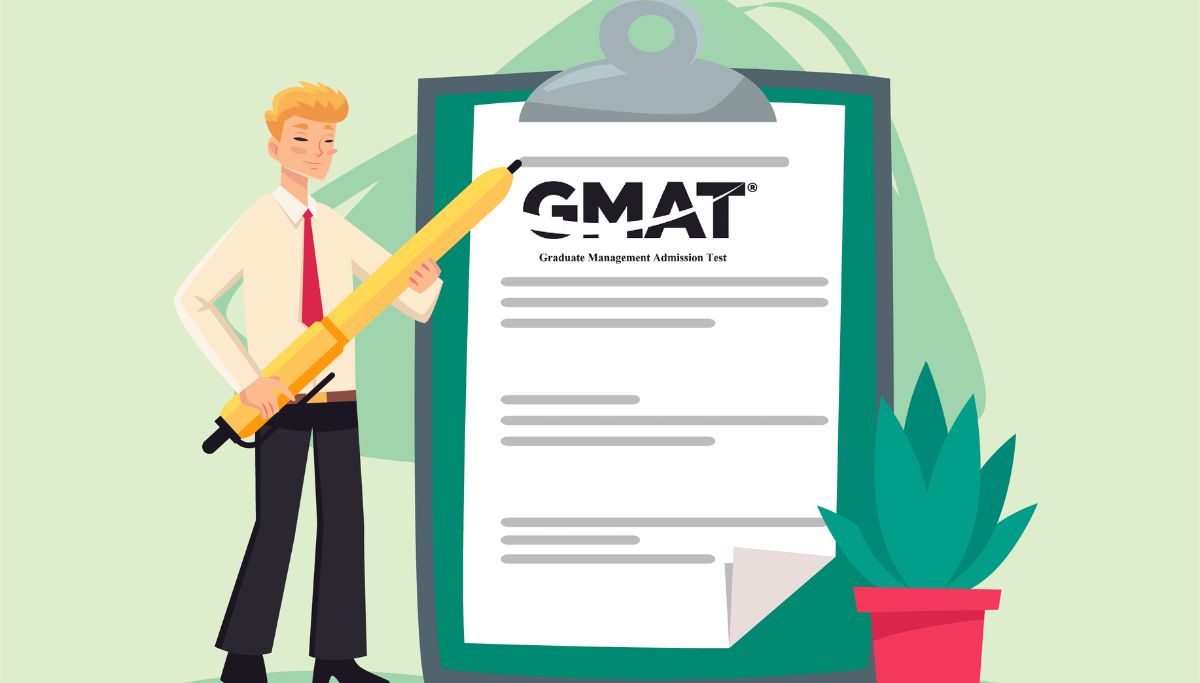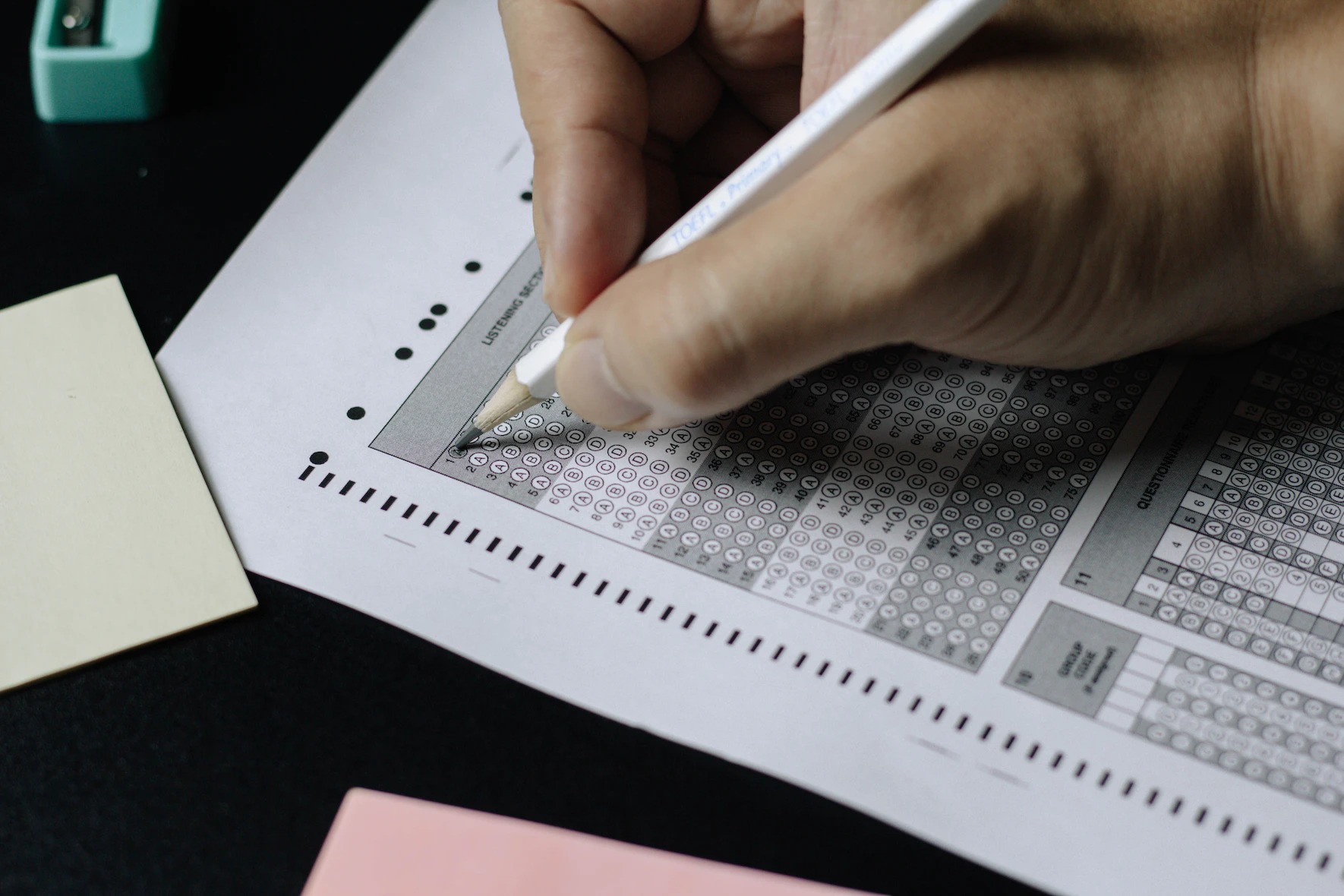Table of Contents
The Graduate Management Admission Test (GMAT) is a crucial step for aspiring business school students. Scoring high on the GMAT can open doors to top MBA programs worldwide.
However, preparing for the exam can be daunting, and many test-takers struggle with GMAT procrastination.
If you’re wondering how to ace the GMAT, this guide will help you create an effective study plan, develop strong test-taking strategies, and stay motivated throughout your preparation.
Understanding the GMAT
Before diving into preparation strategies, it’s essential to understand the structure of the GMAT:
1. Analytical Writing Assessment (AWA): A 30-minute essay analyzing an argument.
2. Integrated Reasoning (IR): A 30-minute section with 12 multi-source reasoning, table analysis, graphics interpretation, and two-part analysis questions.
3. Quantitative Reasoning: A 62-minute section with 31 problem-solving and data sufficiency questions.
4. Verbal Reasoning: A 65-minute section with 36 reading comprehension, critical reasoning, and sentence correction questions.
A total GMAT score ranges from 200 to 800, with the Quantitative and Verbal sections contributing to this score.
The Graduate Management Admission Test is computer-adaptive, meaning that the difficulty level of your questions adjusts based on your performance.
How to Overcome GMAT Procrastination?
One of the biggest challenges test-takers face is GMAT procrastination. Many students delay studying because they feel overwhelmed.
Here’s how to overcome it:
- Set Clear Goals: Define your target GMAT score and break your preparation into manageable milestones.
- Create a Study Schedule: Design a daily or weekly study plan, allocating time for each GMAT section.
- Use the Pomodoro Technique: Study in focused 25-minute sessions with short breaks to improve concentration.
- Find an Accountability Partner: Studying with a friend or joining a GMAT study group can help keep you on track.
- Start Small: If you struggle to begin, commit to just five minutes of studying. Often, this leads to longer sessions.
How to Ace the GMAT: Study Plan and Strategies
1. Master the GMAT Format
Familiarize yourself with the test structure, question types, and timing constraints. Take a diagnostic test to assess your strengths and weaknesses.
2. Build Strong Quantitative Skills
The Quantitative section requires solid math fundamentals. Follow these tips:
- Revise arithmetic, algebra, geometry, and word problems.
- Practice data sufficiency questions to improve logical reasoning skills.
- Use official GMAT practice tests to simulate the exam experience.
- Learn shortcuts and formulas to save time on complex calculations.
3. Improve Verbal Reasoning
The Verbal section assesses reading comprehension, critical reasoning, and sentence correction.
Here’s how to enhance your verbal skills:
- Read business articles and editorials to improve comprehension speed.
- Practice identifying logical fallacies in arguments.
- Study grammar rules for sentence correction questions.
- Expand your vocabulary by reading books and articles regularly.
4. Hone Your Analytical Writing Skills
The AWA section tests your ability to analyze an argument and present a structured critique. To perform well:
- Practice writing essays under timed conditions.
- Use the GMAT official writing template to structure your response.
- Review sample essays to understand scoring criteria.
5. Develop Integrated Reasoning Strategies
For the Integrated Reasoning section:
- Practice interpreting graphs, charts, and tables.
- Focus on multi-source reasoning questions to enhance analytical skills.
- Manage time efficiently to complete all 12 questions within 30 minutes.
Essential GMAT Resources
Using the right study materials is crucial for effective preparation. Here are some recommended resources:
- Official GMAT Guide: The most reliable source with real GMAT questions.
- GMAT Prep Software: Offers full-length practice tests and performance analytics.
- Manhattan Prep GMAT Strategy Guides: Ideal for in-depth topic explanations.
- GMAT Club Forum: A community-driven platform for study strategies and peer support.
- Mobile Apps: Apps like Magoosh and GMAT Tutor allow studying on the go.
Practice, Practice, Practice!
Practice is key to how to ace the GMAT. Follow these best practices:
- Take full-length mock tests under real test conditions.
- Analyze mistakes to avoid repeating them.
- Track your progress and adjust your study plan accordingly.
- Simulate test-day conditions to build stamina and confidence.
Test-Day Tips
On the day of your Graduate Management Admission Test, follow these guidelines to maximize your performance:
- Get a good night’s sleep before the test.
- Eat a nutritious meal to maintain energy levels.
- Arrive early at the test centre to avoid last-minute stress.
- Manage time effectively and avoid spending too much time on one question.
- Stay calm and focused throughout the exam.
Final Thoughts
Preparing for the GMAT requires dedication, consistency, and innovative strategies. Overcoming GMAT procrastination and following a structured study plan can significantly improve your chances of success.
By mastering each section, using the right resources, and practising effectively, you can achieve your target score and secure admission to a top business school.
Now that you know how to ace the GMAT, start your preparation today and take the first step toward a successful MBA journey!










0 Comments